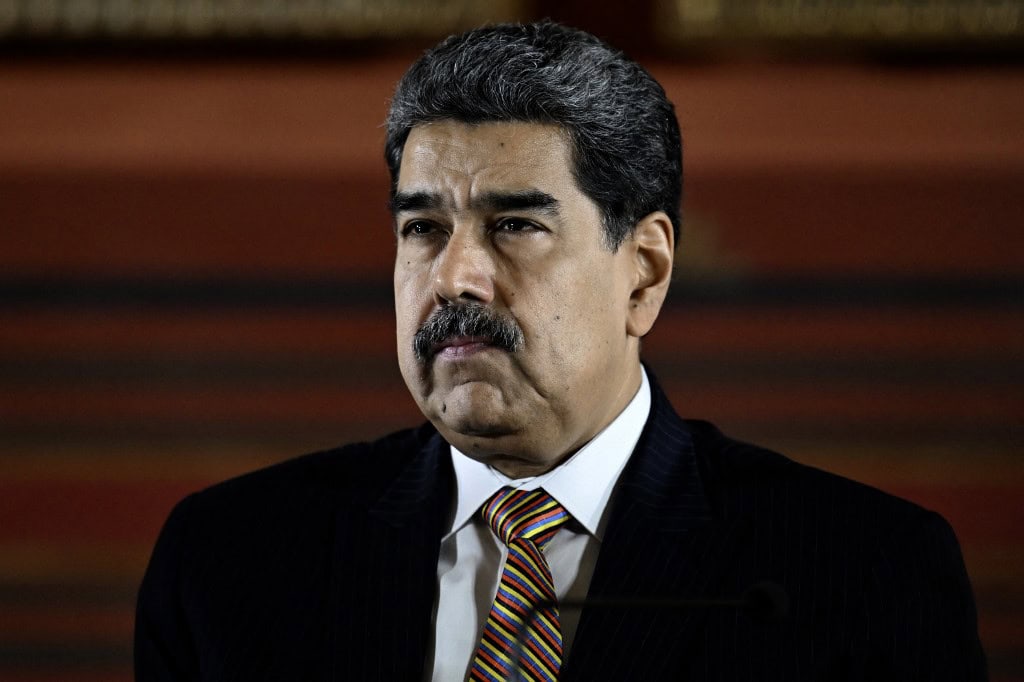Venezuelan President Nicolás Maduro has filed a request with the country’s Supreme Court to revoke the nationality of opposition leader Leopoldo López, accusing him of calling for a U.S. military invasion and promoting an economic blockade against Venezuela.
The move, announced by Foreign Minister Yván Gil on his Telegram channel, marks an unprecedented step in the ongoing political tensions. Maduro’s petition cites López’s alleged involvement in urging foreign intervention, including support for U.S. deployments in the Caribbean that the Venezuelan government views as a threat to its sovereignty. The White House describes these operations as counternarcotics efforts, but Maduro maintains they aim to oust him from power.
López, 54, a former mayor of Caracas’s Chacao district, lives in exile in Madrid after fleeing Venezuela in 2020. He responded to the request on social media, stating that Maduro seeks to silence dissent by stripping away his citizenship. “Maduro wants to take away my nationality for saying what all Venezuelans think and want: freedom,” López wrote.
Legal experts point out that Venezuela’s Constitution bars the revocation of nationality for those born in the country. Juan Carlos Apitz, dean of the Faculty of Legal and Political Sciences at the Central University of Venezuela, explained that only naturalized citizens can lose their status through a final court ruling. “There is no precedent for Venezuelans by birth being stripped of their nationality,” Apitz told reporters.
The government’s action echoes similar measures in Nicaragua, where President Daniel Ortega, a close ally of Maduro, has revoked the citizenship of hundreds of opponents. In Venezuela, spokespeople from the ruling Chavista movement have previously floated the idea of denationalizing opposition figures accused of treason.
This development comes amid heightened accusations from Caracas that López and other critics conspire with foreign powers to destabilize the regime. The Venezuelan vice president announced that López’s passport would be revoked immediately, further isolating the opposition leader.
López’s political history has long placed him at odds with Maduro’s administration. In 2015, a court sentenced him to nearly 14 years in prison for inciting violence during 2014 protests that resulted in 43 deaths and about 3,000 injuries. He spent time under house arrest starting in 2017 and participated in a failed military uprising against Maduro in 2019. When the attempt faltered, López sought refuge in the Spanish ambassador’s residence in Caracas before escaping to Spain.
Maduro’s request intensifies the divide in Venezuelan politics, especially following disputed elections in 2024 that opposition groups claim were rigged. The government has repeatedly charged opponents with plotting coups and collaborating with the U.S., while critics argue these claims serve to justify crackdowns on dissent.
As the Supreme Court considers the petition, observers watch for potential ripple effects on other exiled opposition members. The case highlights the challenges facing Venezuela’s democratic institutions under Maduro’s rule, with international attention focused on human rights and political freedoms in the nation.






